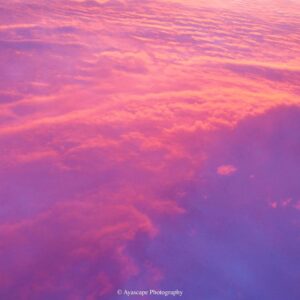なんで英語なんですか?
って聞かれたので、答えてみました。
漢字は作品の想いを伝えるのには1つ1つの印象が強すぎる。
強すぎて、文字が主役になってしまう。写真が主役なのに。
もっとまっさらな心で読んでほしい。
という想いで英語表記してます。
漢字は文字として強すぎるから。
小説や新聞、俳句等は文字を主体としてるから、漢字は必要ですけど。
作品の概要を書くのは全部カタカナが良い。
だけど、
サクヒンノガイヨウ
という時点で読みにくい。そこに足を取られて欲しくない。
だから、漢字を使わない + 読める人は読みやすいを理由に英語で書いてます。
書いているのは私の気持ちであって、そこに正解はなく。
人は十人十色なのだから、観る人が感じた考えも正しい。と、僕は思います。
あ、僕の英語が正しいのかは謎ですが。
要は作品に対しての想いを伝えるのには1つ1つの印象が強すぎる。
もっと空っぽな心で読んでほしい。
という理由で。漢字はあまり使わず、ほぼ英語タイトルにしてます。
また、写真展のタイトルは一言でわかりやすいように
あえて漢字を使いました。
幻想と現実を混ぜて「幻実」。
正しく言うと記憶です。
そう、インスピレーションは記憶です。
でも記憶は曖昧で不確か。
この言葉の意味は
真夜中の海で、イルカと泳いだことがある人ならわかってもらえると思います。
この世界には僕と星と彼らしかいませんでした。

Yesterday, someone asked me ‘why you are using English for titles?’.
My answer is I dislike to use Kanji, which has means each word. It is too strong to appear about the caption at first. I would like to show without my and your thoughts, you to see with an empty mind.
Bruce Lee said ‘Empty your mind, be formless, shapeless – like water’.
This is why I use Kanji for image titles.
For me, normally, I watch your work on my eyes, then, I read the caption. However, sometimes someone read the caption at first. I prefer the first for my images.
When you think of a difference from my thoughts, it doesn’t matter.
You are you, I am me. So there is no mistake what we think with the images.
Whereas I love Kanji, it is beautiful.
Also, I’ve chosen Kanji for my exhibition title.
幻(gen) is form fantasy, 幻想(genso)
実(jitsu) is from reality, 現実(genjitsu)
It easy to say what I will show shortly.
Yes, the meaning of the title is Fantastic reality.
It is inspired by an experience, swimming with dolphins in the night ocean.
